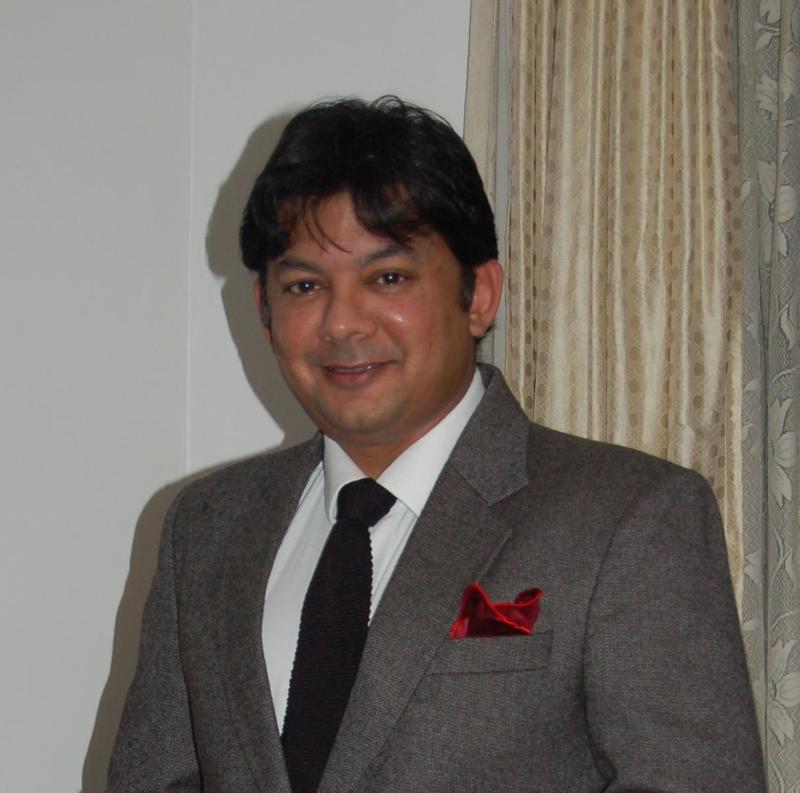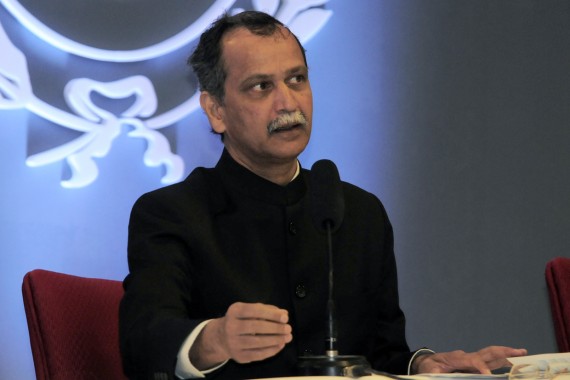 It’s a time of rejoicing and celebrations for all Kazuo Ishiguro fans, and those who relish his uncanny talent for excavating abyss beneath the illusoriness of life. The Nobel Prize for literature for the British novelist of Japanese origin, best known for The Remains of the Day and Never Let Me Go, caps a decades-old career for the writer who, as a young man, wanted to be a singer and songwriter.
It’s a time of rejoicing and celebrations for all Kazuo Ishiguro fans, and those who relish his uncanny talent for excavating abyss beneath the illusoriness of life. The Nobel Prize for literature for the British novelist of Japanese origin, best known for The Remains of the Day and Never Let Me Go, caps a decades-old career for the writer who, as a young man, wanted to be a singer and songwriter.
Praising the rich oeuvre of his work, Sara Danius, the permanent secretary of the Swedish Academy, said, “If you mix Jane Austen and Franz Kafka, then you have Kazuo Ishiguro — but you have to add a little bit of Marcel Proust into the mix, and then you stir, but not too much, and then you have his writings.”
Known for his restrained yet forceful style of writing, Ishiguro “has developed an aesthetic universe all his own,” said Ms. Danius. His debut novel A Pale View of Hills (1982) which was awarded the Winifred Holtby prize for the ‘best expression of a sense of place’, set the tone for his long list of genre-bending works often bordering on the mysterious like Never Let Me Go (2005) a dystopian novel tagged as sci-fi for the use of clones or the enigmatic The Buried Giant (2015) full of fantasy creatures. His novels “uncovered the abyss beneath our illusory sense of connection with the world” and were driven by a “great emotional force,” remarked the Swedish Academy. The Remains of the Day, which won the Booker Prize in 1989, has been made into a popular film starring Anthony Hopkins and Emma Thompson.
 Born to an oceanographer father in 1954 in Nagasaki, Japan, Mr. Ishiguro moved to Surrey, England, when he was 5 years old. But his vivid memories of his childhood in Japan often make their way into his highly imaginative, richly woven stories. Memory as a tool for self preservation, perception of real and the fictional, elasticity of time are some of the enduring themes in his novels.
Born to an oceanographer father in 1954 in Nagasaki, Japan, Mr. Ishiguro moved to Surrey, England, when he was 5 years old. But his vivid memories of his childhood in Japan often make their way into his highly imaginative, richly woven stories. Memory as a tool for self preservation, perception of real and the fictional, elasticity of time are some of the enduring themes in his novels.
While pathos might be an overriding emotion in many of his novels, there’s also an element of tenderness and redemptive quality of preserving hope against all odds. “That’s always the note I like to end on. The human condition is pathetic yet there’s something noble about man’s capacity to dredge up some hope when really it’s all over,” Mr. Ishiguro had said in an interview to a literary magazine.
(With inputs from Soumya Nair)
Author Profile
- India Writes Network (www.indiawrites.org) is an emerging think tank and a media-publishing company focused on international affairs & the India Story. Centre for Global India Insights is the research arm of India Writes Network. To subscribe to India and the World, write to editor@indiawrites.org. A venture of TGII Media Private Limited, a leading media, publishing and consultancy company, IWN has carved a niche for balanced and exhaustive reporting and analysis of international affairs. Eminent personalities, politicians, diplomats, authors, strategy gurus and news-makers have contributed to India Writes Network, as also “India and the World,” a magazine focused on global affairs.
Latest entries
 DiasporaOctober 22, 2024Explained: The Indian Diaspora in Kazan
DiasporaOctober 22, 2024Explained: The Indian Diaspora in Kazan DiplomacyOctober 22, 2024PM Modi Departs for Kazan to Attend 16th BRICS Summit, Bilateral Talks on the Agenda
DiplomacyOctober 22, 2024PM Modi Departs for Kazan to Attend 16th BRICS Summit, Bilateral Talks on the Agenda China ConnectOctober 21, 2024India, China Reach Agreement on Patrolling Along LAC, Confirms Foreign Secretary
China ConnectOctober 21, 2024India, China Reach Agreement on Patrolling Along LAC, Confirms Foreign Secretary DiplomacyOctober 21, 2024India Eyes Smooth Progress on Vande Bharat JV: During Modi’s Russia Visit
DiplomacyOctober 21, 2024India Eyes Smooth Progress on Vande Bharat JV: During Modi’s Russia Visit






